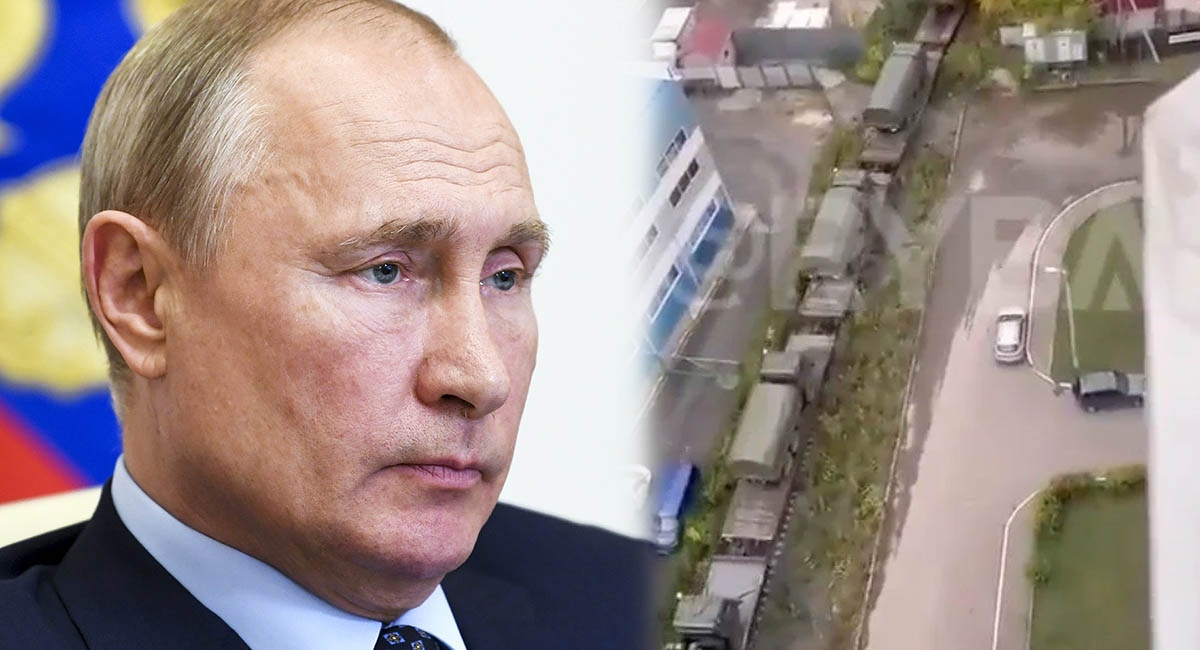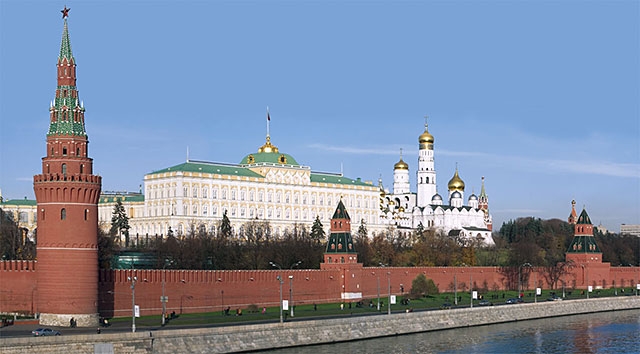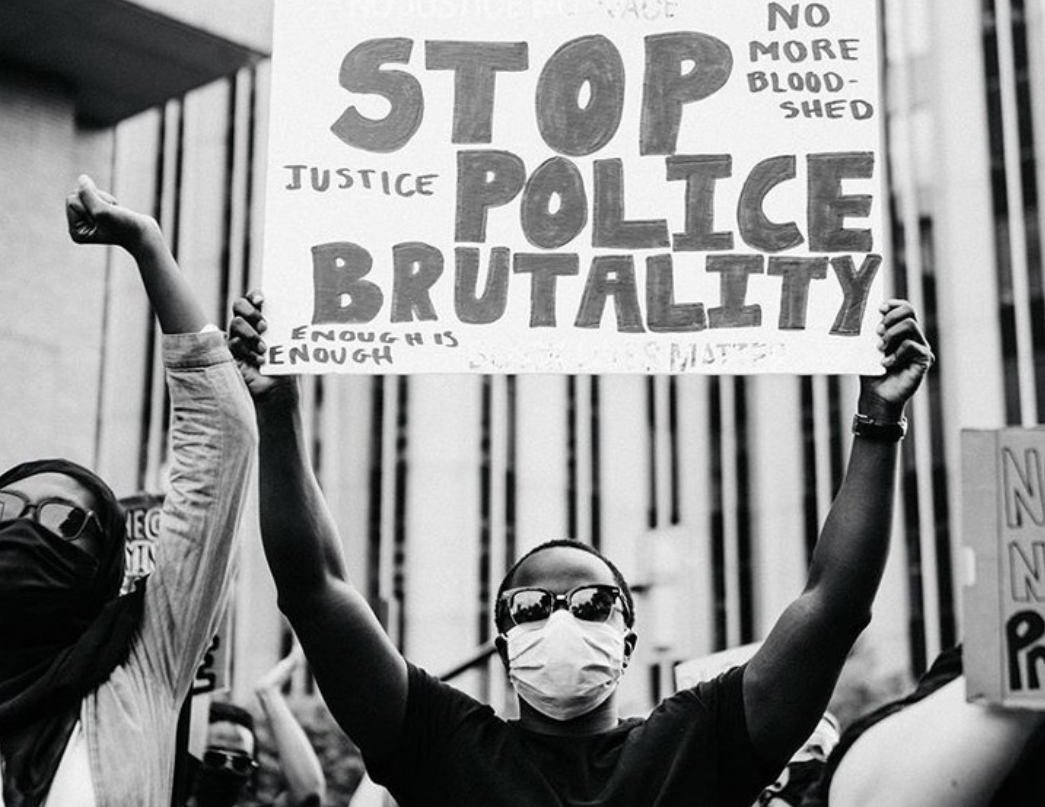
Can a nuclear crisis like the Cuban Missile Crisis happen again?
ABOVE: Russian President Vlademir Putin. (RIGHT) Screen capture of a Russian Nuclear division train heading toward the front line in Ukrainian. (Image via The Telegraph)
On October 22, 1962, President John Kennedy made a scary TV address that showed the world aerial photos of Soviet nuclear missile installations in Cuba. He explained that a naval blockade around Cuba would be enforced and said ominously that the U.S. was prepared to use military force if necessary to neutralize this threat to national security. Following this news, we were all fearful that the world was on the brink of nuclear war.
At the time, I was the young wire editor at the Guelph Mercury. I watched the chugging Canadian Press machine spew out hourly news of the escalating and threatening situation developing between the Soviet Union and the United States. Nuclear-armed B52’s were airborne, and the Russian leader was sabre rattling like his successor today.
But in contrast to today, there was direct negotiation between Khrushchev and Kennedy. Finally, on October 28, Krushchev capitulated. Work on the missile sites was stopped, and the missiles were returned to the Soviet Union. In return, Kennedy committed the United States would never invade Cuba.
So in a situation where Russian President Putin is watching predominantly U.S. armed Ukrainian troops driving his forces out of larger and larger areas of the territory he had coincidentally annexed as part of Russia, he is continually threatening to use tactical nuclear weapons, and President Biden and the Pentagon warn of “catastrophic consequences” should the Russians make good their threat. The various scenarios that are possible would all likely-involve major U.S. military attacks on Russian positions in Ukraine. This kind of escalation could lead to more nuclear deployment.
Learned opinion on what will happen goes this way: Ukrainian forces just retook Lyman, a crucial rail and transport hub, which could unhinge much of the Russian defense of northern Donbas. Thus Russia is backed into a tight corner. Having just upped the ante with staged referendums, proclaimed annexations, and televised fanfare in Moscow, Putin may just do something more drastic to demonstrate real strength by making good on his threat to use tactical nuclear weapons.
Or, facing further defeats, much has been written on Russia’s non-military strategic powers which he may use: radical warfare including cyber, communications, undersea cable sabotage, satellite and pipeline sabotage, and other "unconventional" methods. Equally horrific for the west.
Are we already seeing early signs of escalation? Just as in the Cold War 60 years ago when photos of missiles in Cuba were the trigger for a huge crisis, photos were posted on The Telegraph recently showing a train operated by the secretive Russian nuclear division and linked to the 12th main directorate of the Russian ministry of defense heading towards the front line in Ukraine. There will be more.
There would also appear to be no viable contact between NATO, the U.S. administration, and the leadership in Moscow. And no ongoing talks between Ukraine and Russia. There are no lines for negotiation and no reason to believe that Putin has any desire to engage.
We would all do well to listen to Mykhailo Podolyak, advisor to the head of the president's office in Ukraine, quoted from an interview with Wirtualna Polska: "A big agreement on war and peace is impossible as Russia is not interested in it. The Kremlin believes that Ukraine should be wiped off the face of the earth by military means. They also have intentions regarding Moldova, Georgia, and Kazakhstan. They want to dictate the rules of the game to Europe. There is no peace in these plans."
It is clear that even a truce allowing Russia to retain the borders of previously occupied territory would be totally unacceptable to the Ukrainian leader. And Putin’s desire to keep the annexed territories is also non-negotiable.
Consider the very different situation which led to the de-escalation of the missile crisis 60 years ago. Kennedy and Khrushchev made real efforts throughout the crisis to clearly understand each others’ intentions while the world hung on the brink of possible nuclear war. No such desire exists today. Putin is a pariah and terrorist in the minds of western leaders. French President Macron alone has maintained direct contact with Putin, but nothing has come of their conversations.
Most observers agree that avoiding a serious nuclear escalation in the following months will depend on the ability of Putin to remain in power as his nation is being depopulated of draft-age men and increasingly restless with his war, for which he is at last being openly criticized for.









